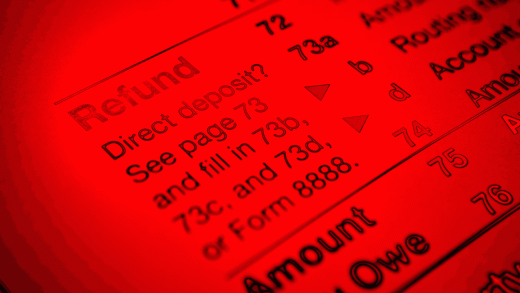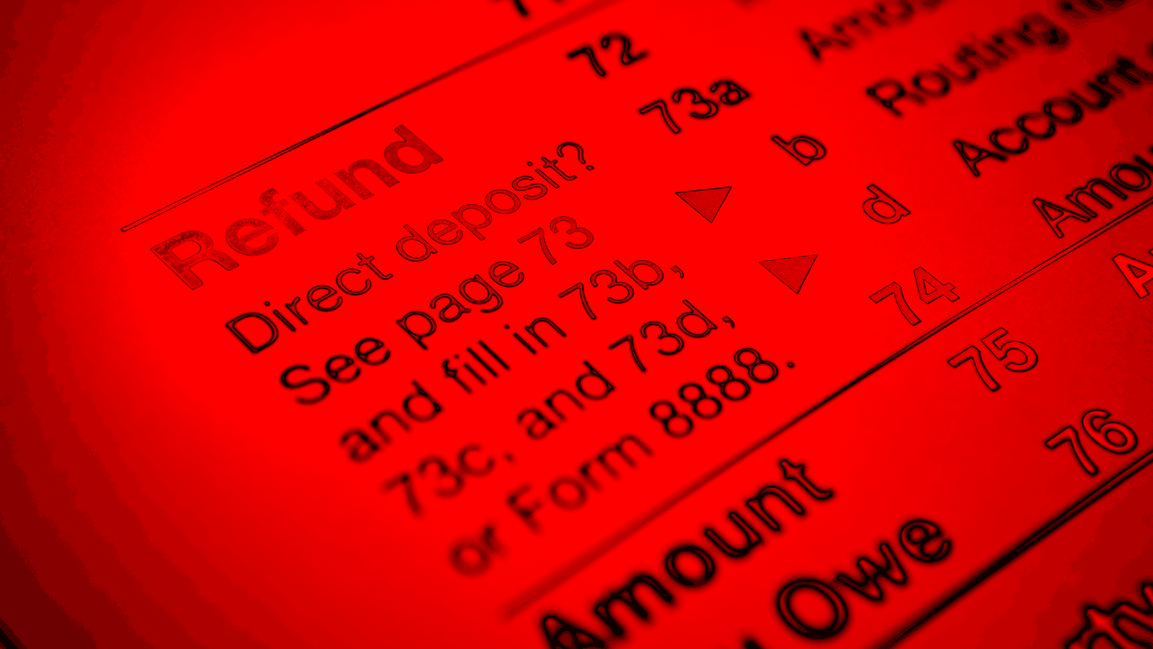IRS tax refund delays have people wondering why they should bother filing for 2021
With the year coming to a close, many civic-minded people normally start to think about tax-filing season right around now. But for millions of taxpayers who are still waiting for their refunds from 2020 and even 2019, tis the season to throw up their hands and yell why bother.
That’s the question a lot of people are asking themselves after a chaotic tax season marred by unprecedented delays and massive backlogs. If you’ve scrolled through online forums dedicated to the issue lately, you’ve no doubt seen a number of posts like this one, in which one taxpayer proclaims, “I don’t want to do my 2021 taxes if I haven’t received my 2020 taxes.” The post attracted more than 80 comments in less than a day.
The frustration is understandable, according to the National Society of Accountants, which recently sent a letter to the Internal Revenue Service (IRS) urging the agency to speed up its notorious processing delays. “Frustrations within the tax and accounting professional community are at an all-time high, and fears among practitioners about how the upcoming 2022 tax filing season will unfold, when many 2019 and 2020 tax returns remain unresolved, are based firmly in reality,” read the letter, according to Accounting Today.
The letter was sent to members of Congress in addition to IRS commissioner Charles Rettig.
Ongoing delays at the IRS are due to a number of factors, including on-the-fly changes to the tax law, understaffing and underfunding, the effects of the coronavirus pandemic, and even shoddy office equipment like old printers and fax machines. In a recent blog post, the Taxpayer Advocate Service all but conceded defeat, saying it is unable to assist taxpayers with the majority of processing delays because they’re in “suspense status,” meaning they’re not even loaded into the IRS system yet.
That said, some refund delays might be due to tax situations that were unique to 2019 or 2020, which means you could conceivably receive your 2021 refund before your 2019 or 2020 refunds—but only if you file in 2022 as you normally would. In fact, a number of taxpayers have described exactly that type of scenario in response to posts asking why bother, with some saying they’d received 2020 refunds even as their 2019 refunds remained trapped in processing limbo.
In other words, yes, you should still file your taxes next year. Even if it feels pointless, you might actually get your refund within the 21-day timeframe that the IRS claims. And as an added bonus, you’ll avoid a late penalty!
(18)



